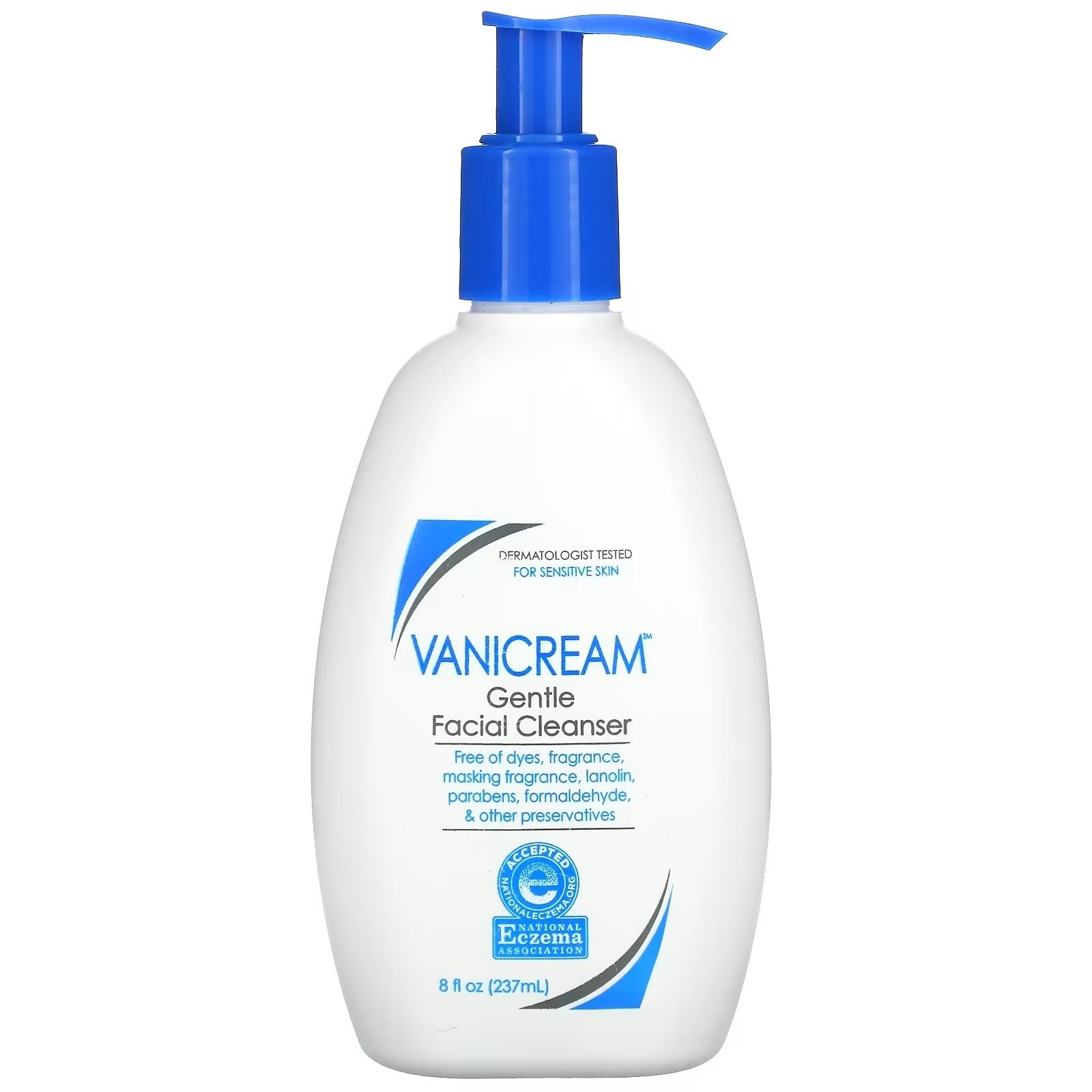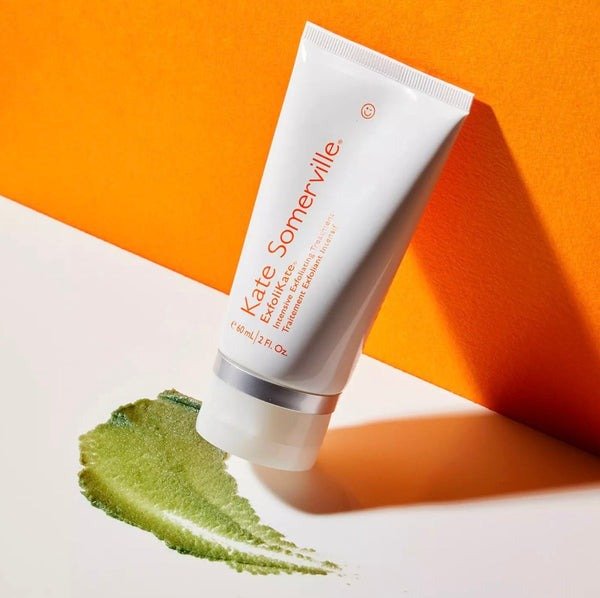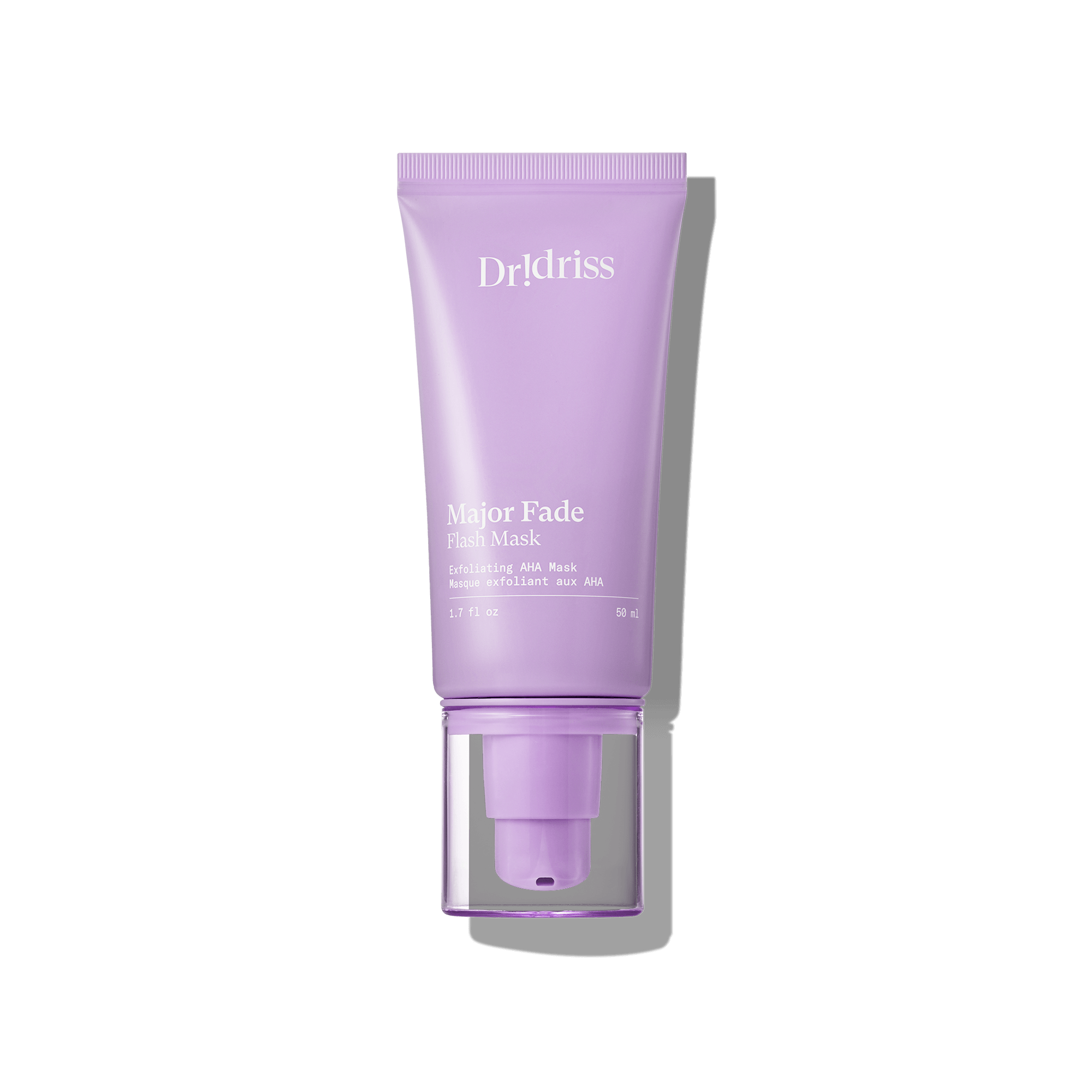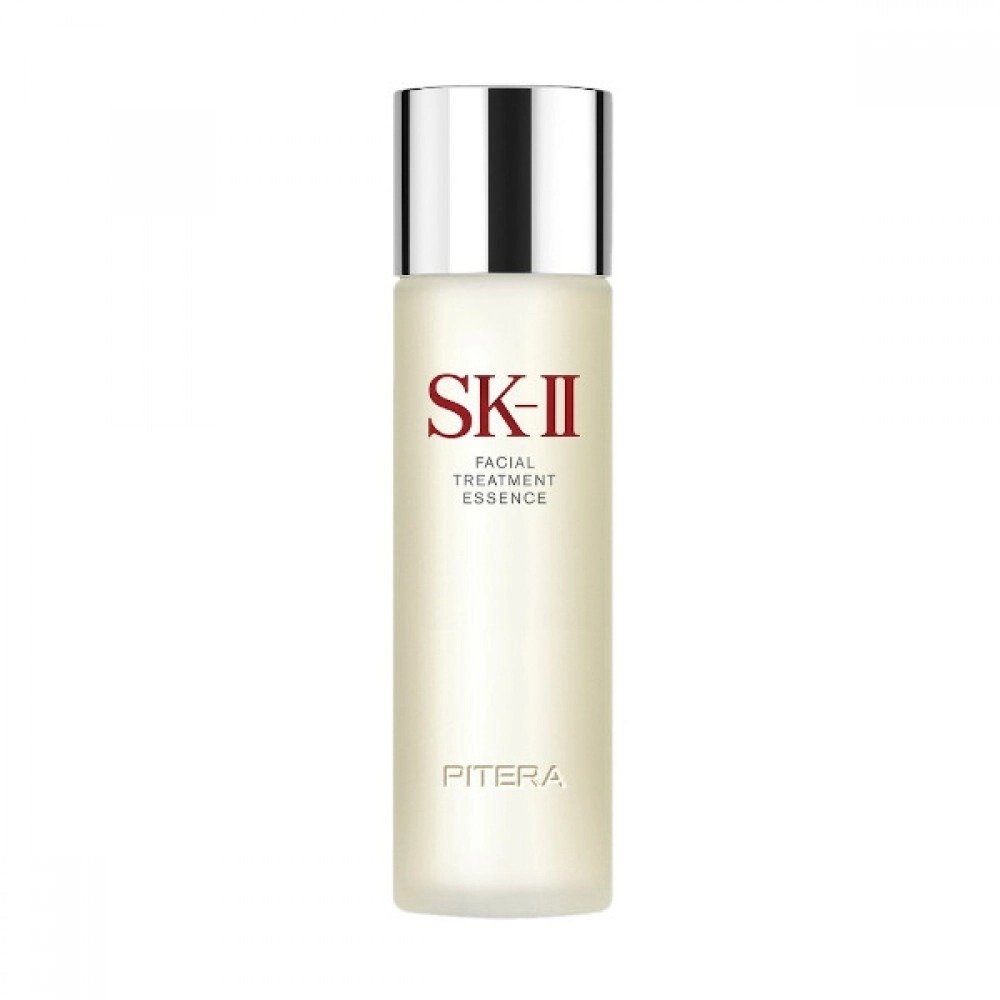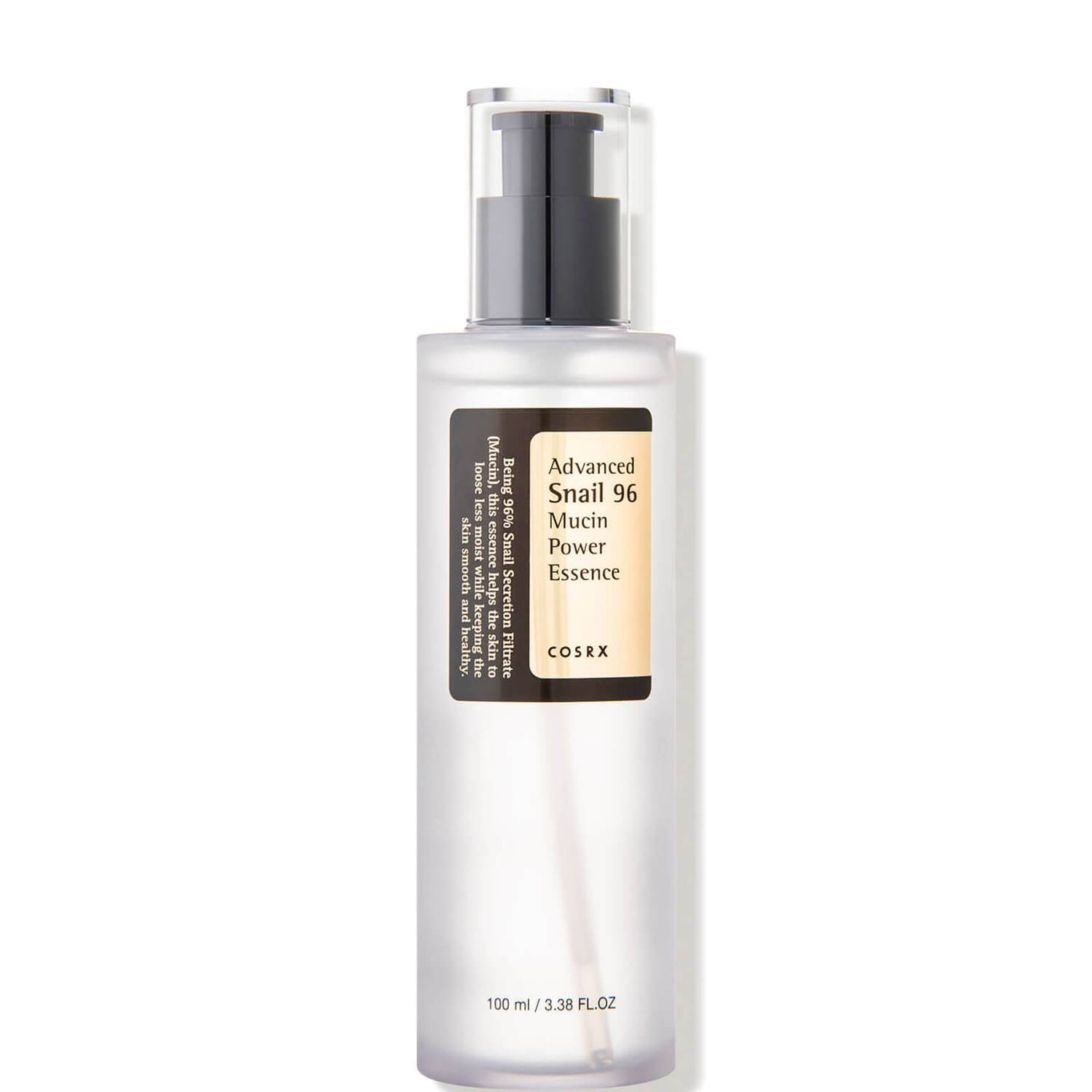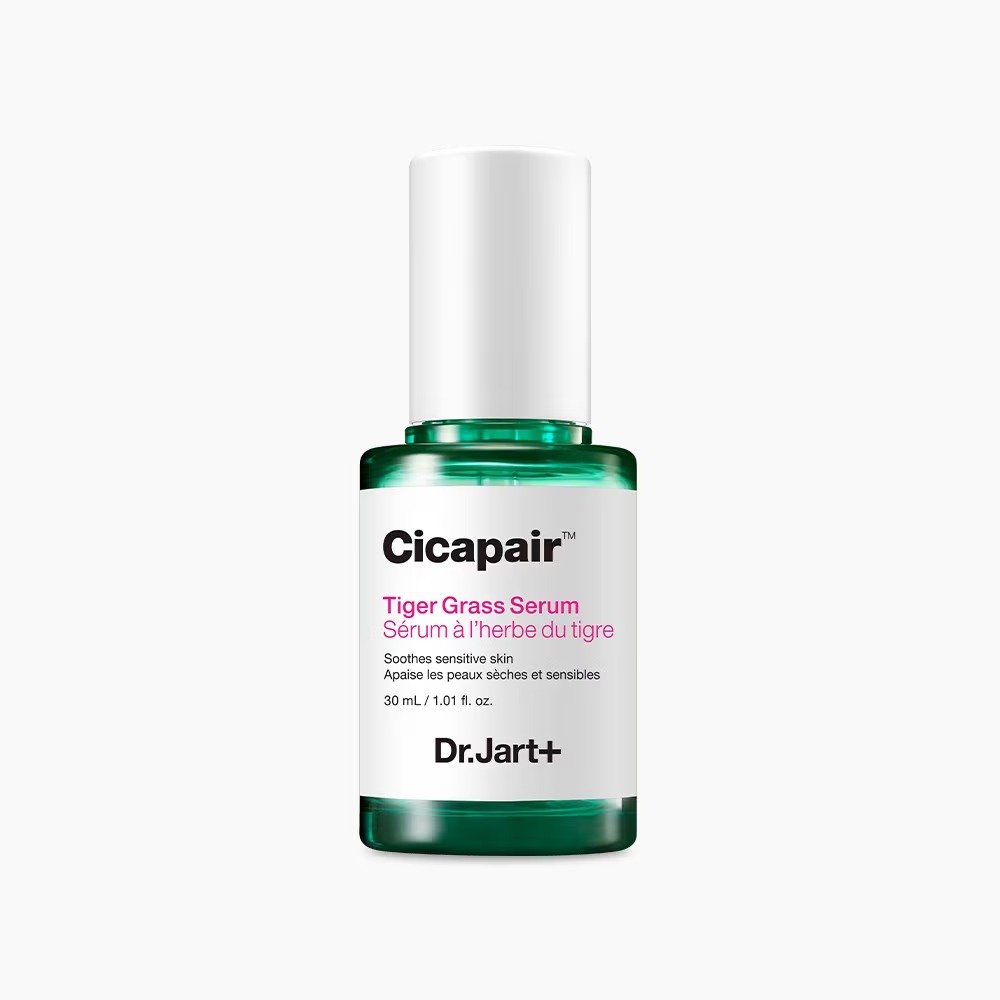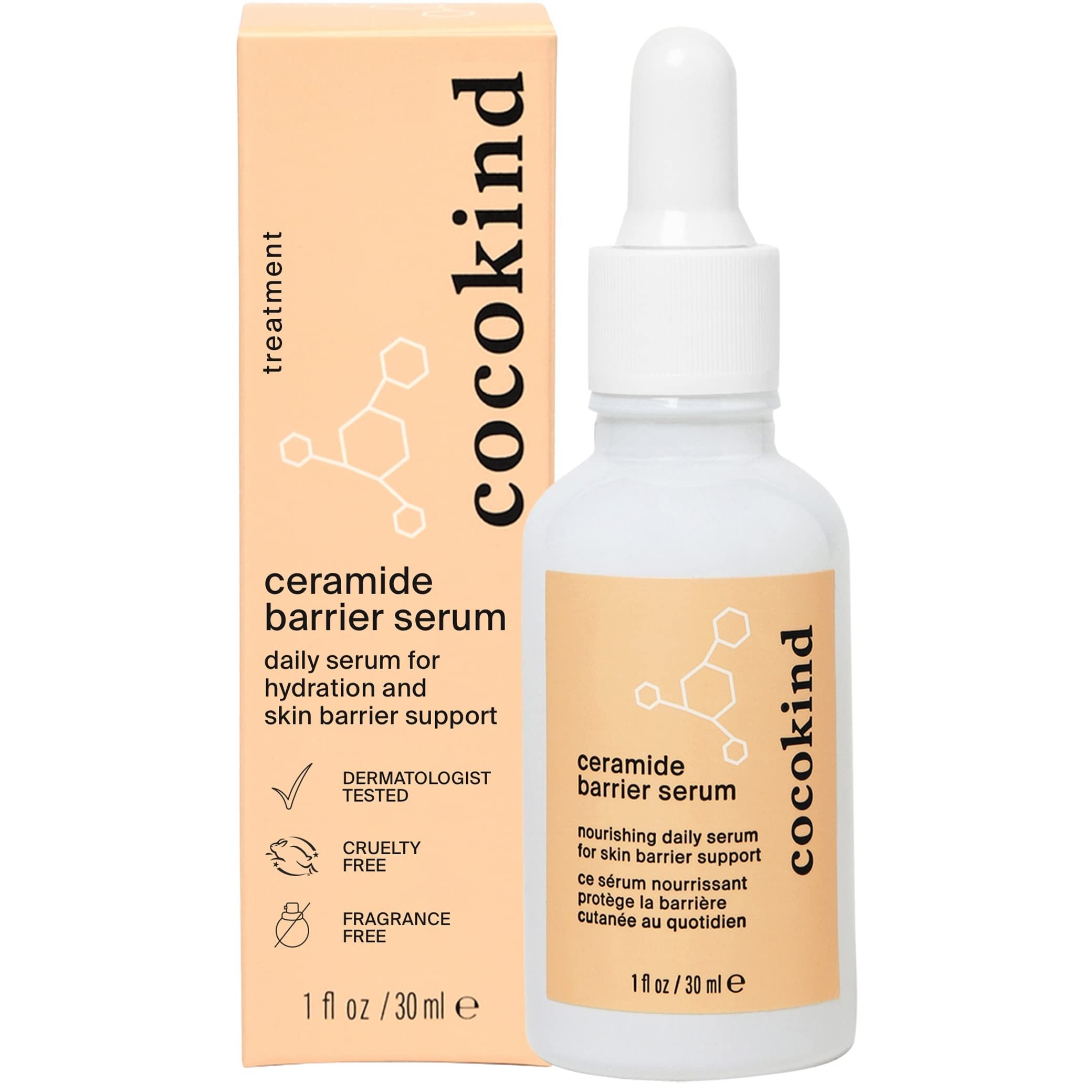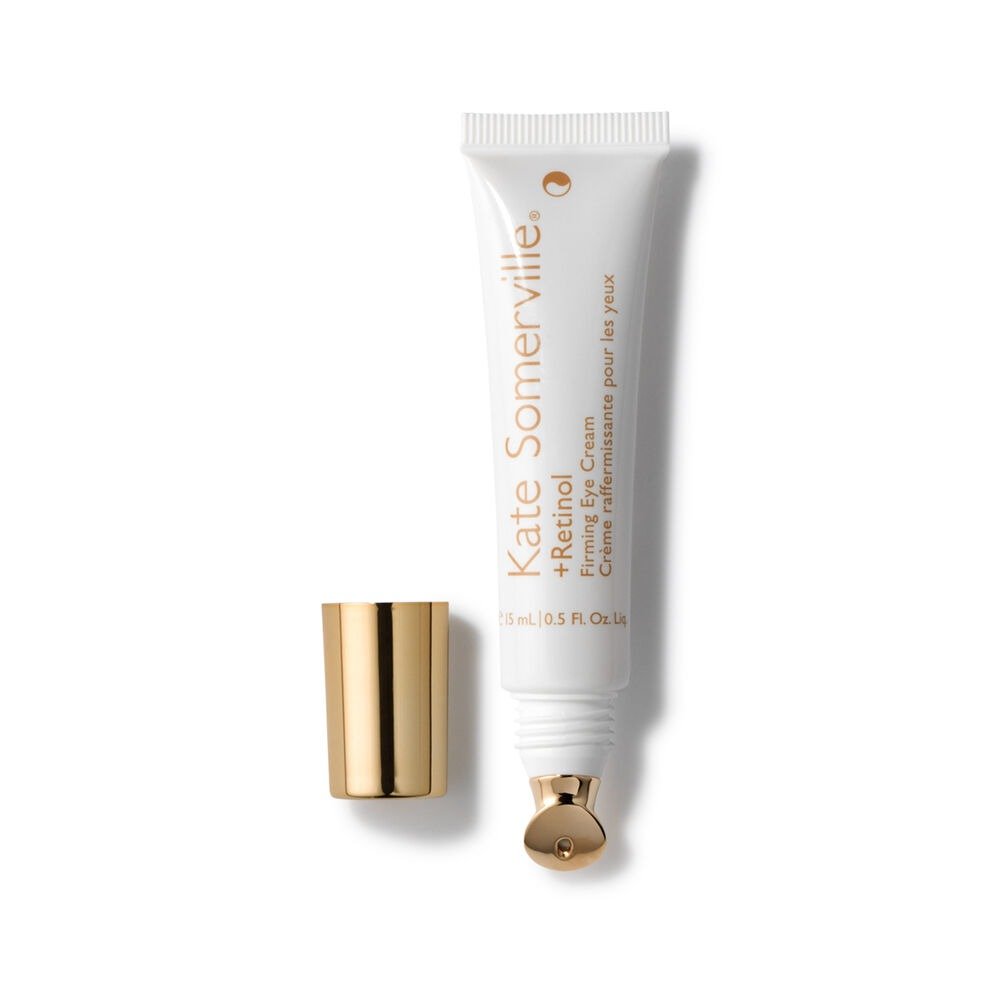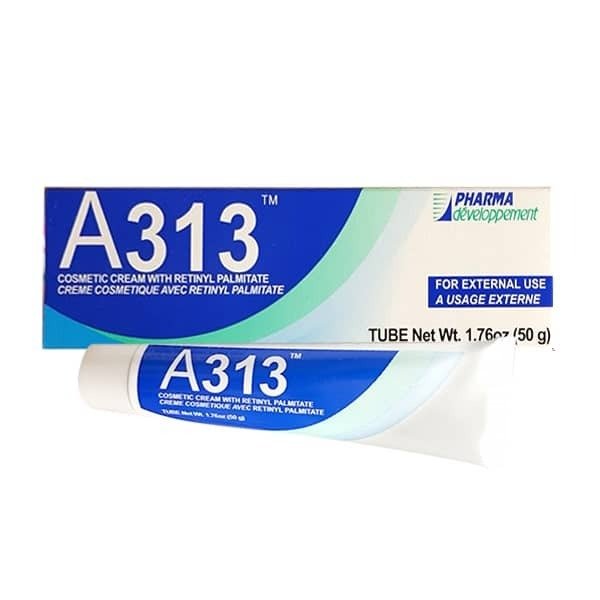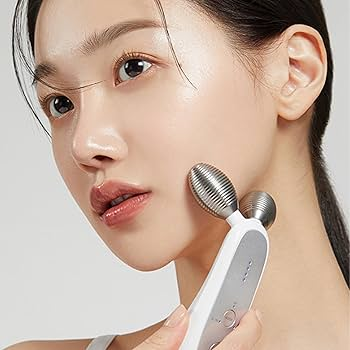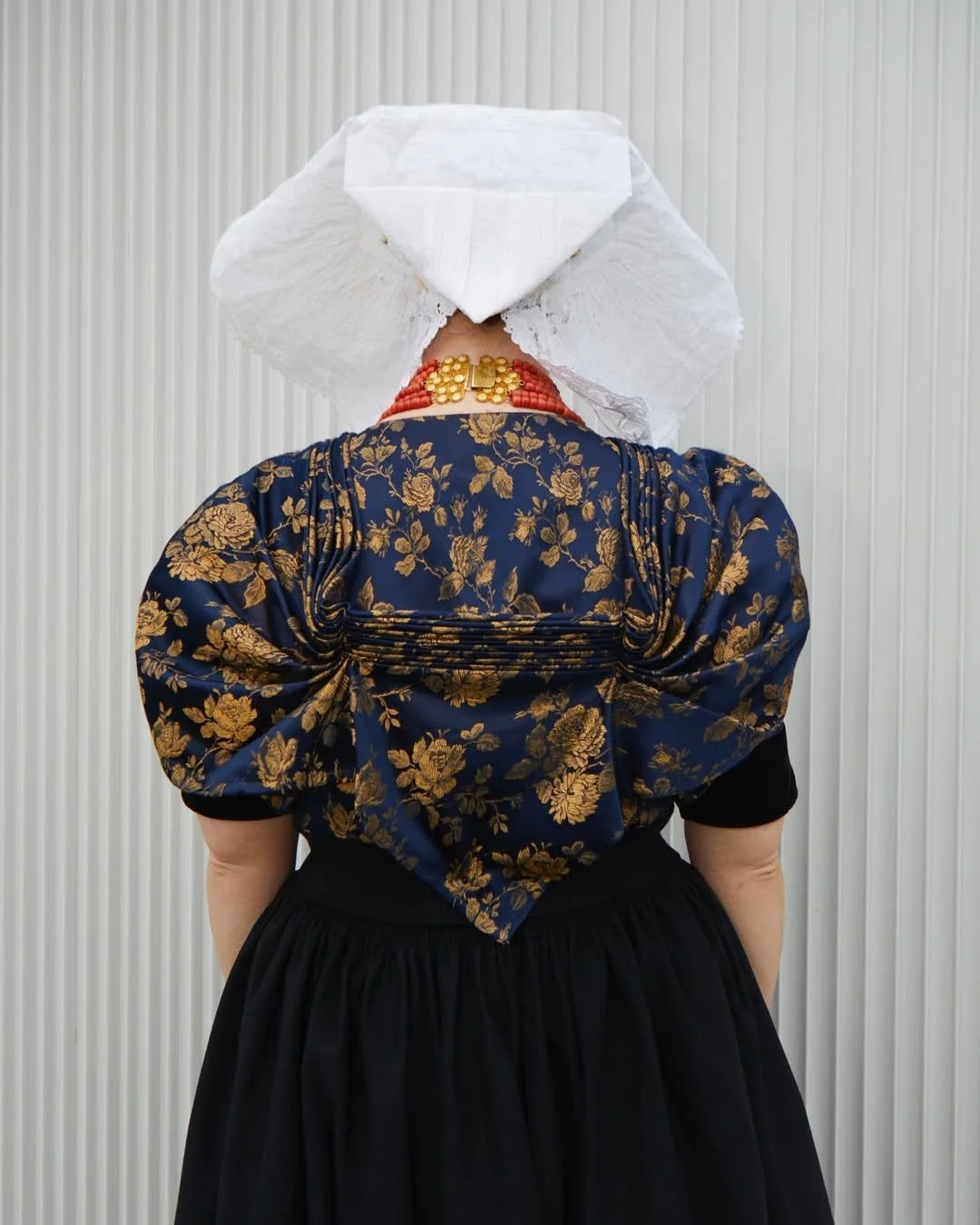Skincare in Your 50s
Good morning, eager learners. It's time to rise and shine, grab your notepads, and join me for another lesson from But More Importantly—we've a wealth of knowledge to share. If you haven't subscribed yet, I suggest you rectify that immediately and join us on this skincare journey. Don't forget to like, comment with your future topic requests, and join our growing community.
Skin and Aging
Today's discussion revolves around skincare in your 50s, but don't let that deter you. Age is not a determinant of skin type, and it irks me when people tailor their skincare routines solely based on their age. It is imperative that your regimen addresses your primary skin concern, which may be discoloration, hyperpigmentation, dryness, fine lines, thin skin, or any other skin issue.
Changes in Your 50s
Think of your face as a couch. Skincare can improve the fabric of the couch, i.e., your skin, but it cannot plump your couch with feathers or fix the foundation—the bone structure. As we age, these two crucial factors—fat pad volume and bone structure—become significantly critical, and skincare cannot affect them.
What is the one universal truth for women about your 50s? Menopause. This phase leads to a drop in estrogen, the hormone that ensures our vitality, youthful appearance, and energy. This reduction triggers five significant changes.
Firstly, wrinkles develop as estrogen, which stimulates collagen production, starts to decrease. Secondly, diminished estrogen levels lead to lower bone density, contributing to altered facial structure like a hollower orbital structure, thinner bone structures, and a receding, narrow jawline. Consequently, skin sags and loses elasticity. Regular skincare won't solve this issue entirely.
Thirdly, reduced estrogen levels make us more sensitive to UV rays. You may notice aging skin activates skin damage faster, resulting in more prominent brown spots or sunspots, especially after sun exposure. After the age of 50, self-tanners could intensify the visibility of sun damage. Furthermore, less estrogen leads to less oil production, which often results in dry skin.
Cleanser
Adapting your skincare routine to these changes is necessary. Starting with cleansing, avoid harsh products that strip the skin of its natural oils. The gentle Vanicream is a good option for sensitive skin but may need to be paired with Sensibio, a micellar water from Bioderma, to remove makeup effectively. Laneige's Cream Milk Oil Cleanser maintains your skin's moisture barrier and should be used once daily, preferably at night.
Exfoliant
Exfoliating acids are crucial, but given the decreased oil production, AHAs like glycolic, lactic, and mandelic acids are preferable to BHAs like salicylic acid. Glycolic acid promotes collagen production, lactic acid brightens the skin, and mandelic acid is suitable for sensitive skin. Products like Kate Somerville's "ExfoliKate" and the Dr. Idriss Flash Mask can help, especially for dry and dull skin that has discoloration. If your skin is sensitive, try Sofie Pavitt's Mandelic Acid Serum.
Unlocking the Power of Serums
Adding essences and hydrating toners to your routine, like SK-II and Cosrx Advanced Snail Mucin Essence, can aid in maintaining skin moisture and enhancing the absorption of other products. Applying the SK-II with a spritzer as opposed to their standard droppers is a method I prefer.
When discussing serums, it's important to recognize their diversity. We typically classify them into four primary categories: anti-aging, pigmentation, redness, and dryness. Each type is meant to be used from the face down to the chest - a region that should not be neglected regardless of age.
Starting with anti-aging serums, those enriched with growth factors and peptides are particularly effective. One such product is Skin Medica's TNS Recovery Complex, where TNS translates to Tissue Nutrients Solution. It contains human growth factors, proteins, and antioxidants produced through biotechnology, which stimulate our skin cells to increase collagen and elastin production, contributing to skin firmness.
Alternative options include Defenage's eight-in-one bio serum, which boasts age repair defenses in the form of peptides, aiding cellular turnover. Allies of Skin's multi-peptides and growth factor advanced lifting serum is another top pick, gaining points for its hydrating properties and firmness-enhancing ingredients like phospholipids, glycolipids, and copper lysinate. Skin Better Science's Alto Defense Serum is also an effective, albeit slightly expensive, choice.
For redness, Dr Jart's Cicapair Tiger Grass Serum proves to be a game-changer and is reasonably priced. I often use a lightweight, watery serum, such as the DePuffer by Dr. Idriss, which is also particularly useful for menopausal flushing as it cools upon application thanks to its metal roller.
For dry skin, hydrating serums are key. Cocokind offers an excellent ceramide barrier serum containing five different ceramides (lipids that support your skin's natural moisture barrier) and a potent humectant, beta-glucan. You'll also want to consider Super Saturated 30% glycerin. Despite having a slightly off-putting, slimy texture, it works wonders when mixed in small amounts with your moisturizer to enhance its effect.
The Critical Role of Retinols in Your 50s
If eye creams are on your shopping list, look for ones that serve a specific purpose. For redness, Kate Somerville's eye cream is a solid pick as it contains a mild retinol that doesn't irritate the eyes as well as a convenient applicator that makes it pleasant to apply.
Retinols are a cornerstone of any skincare regime in your 50s, and rightly so. They are, as commonly referred to, the Holy Grail. If you're unfamiliar, refer to our detailed retinol article. A great starting point is A313, a French Pharmacy variant of retinol that's light yet offers immediate results, albeit with a slight itch.
Shani Darden's Retinol Reform is worth considering too. It features encapsulated retinol that releases gradually throughout the day. However, with no disclosed percentage, it might not be the best choice for sensitive skin.
For the ultimate retinol experience, consider prescription retinols like Tretinoin and Altrino, particularly those at 0.05% strength.
Choosing Moisturizers for All Skin Types
Next, we examine moisturizers. It's crucial to pick one based on your skin's needs and your current climate. A gel moisturizer with Vitamin C is my personal favorite. It's suitable for all skin types, whether dry, normal, or oily. If you're in a particularly dry environment or have very dry skin, complement this with a thick, basic moisturizer.
The Magic of Oils: Aveeno and Jojoba
Now, onto oils, such as Aveeno's oat oil and jojoba oil. Jojoba oil, in particular, mimics your natural sebum production, which is vital as estrogen levels drop. It's not greasy and absorbs quickly, making it a great anti-inflammatory option.
Sunscreen: Your Best Defense Against Sun Damage
Finally, never underestimate the power of sunscreen. Even if you've suffered sun damage, it's never too late to prevent further harm. Two notable sunscreens containing Photolyase, an ingredient capable of reversing sun damage, are Isdin and Lightsaver. Isdin has a light, water-like texture, while Lightsaver is thicker and available in a tinted version. Despite its consistency, it's beneficial for those with oily skin or in humid climates as it offers a matte finish.
These are my top sunscreen recommendations for anyone over 50 seeking to reverse sun damage. But remember – skincare products work up to a certain depth, and cosmetic products have their limitations. For a comprehensive skin overhaul – think of it as refurnishing your sofa – you may need to seek advice from a cosmetic dermatologist or even consider a visit to a plastic surgeon.
I want to underscore that the aging process isn't uniform. I've encountered youthful 40-year-olds and 20-year-olds who seem to have aged beyond their years - I genuinely affirm that aging is a uniquely individual experience.
I appreciate you taking the time to read this article. My hope is that it has equipped you with the knowledge to confidently navigate your skincare regime, particularly if you find yourself in your 50s and navigating menopause.


